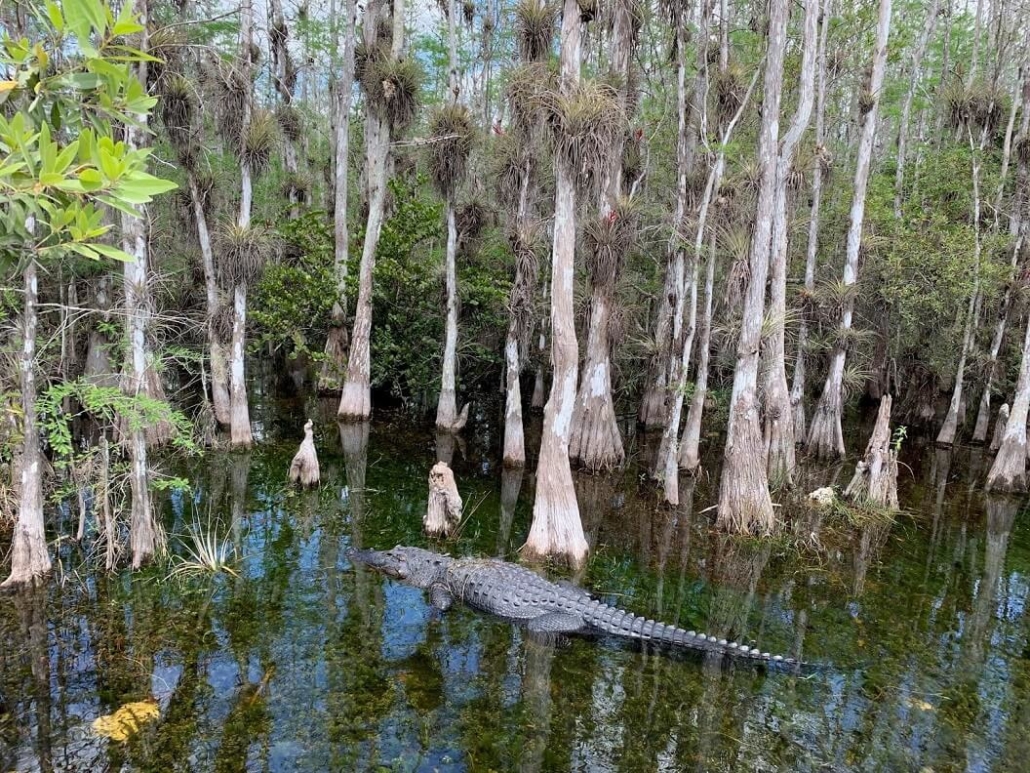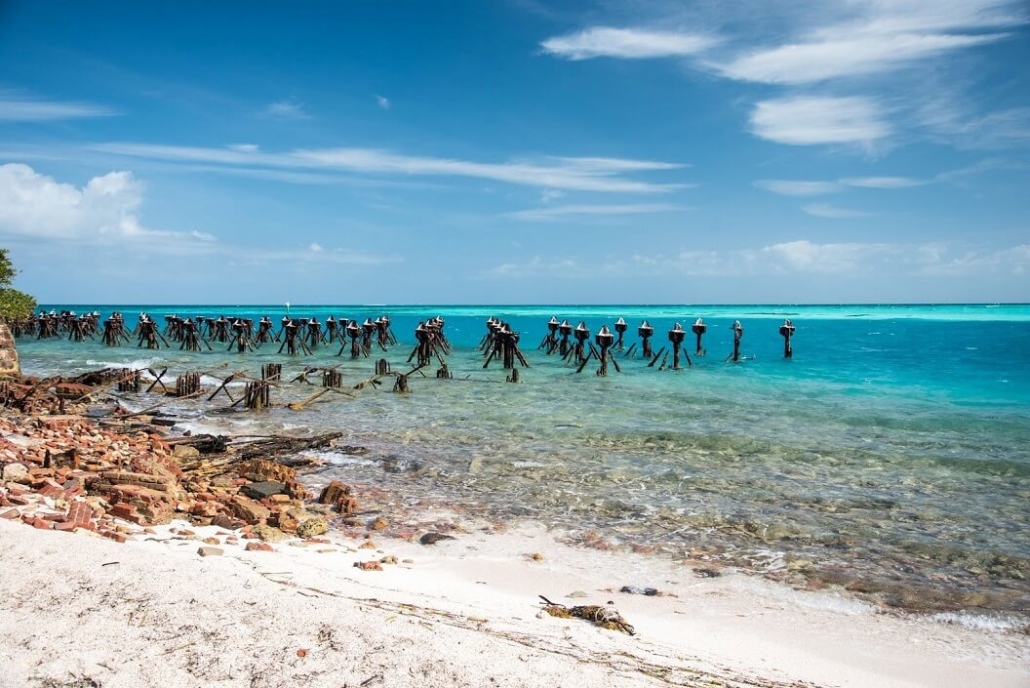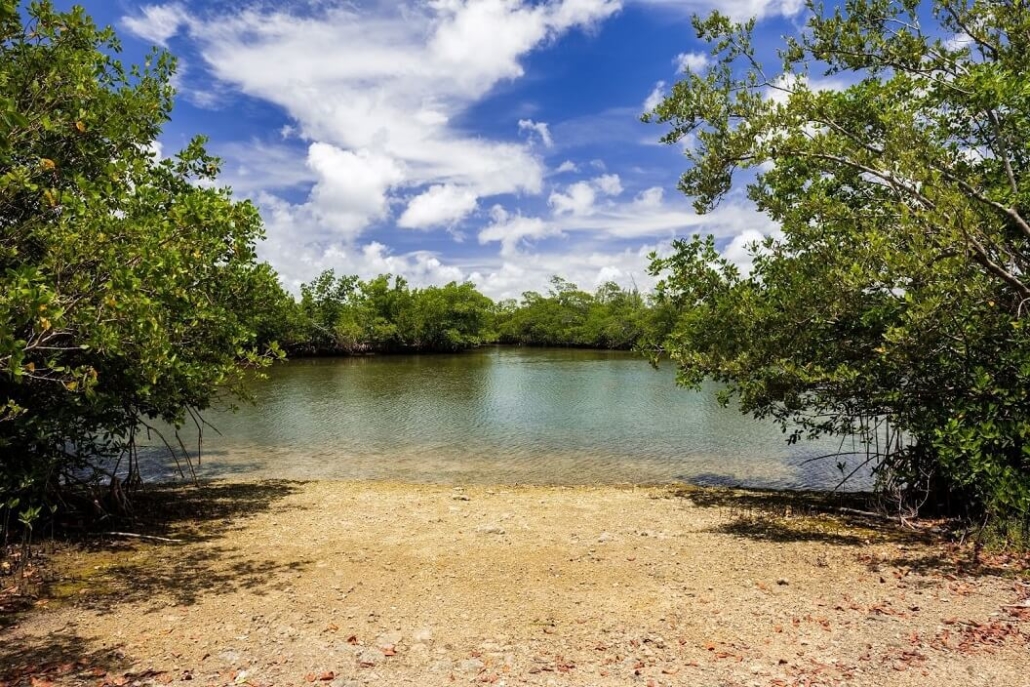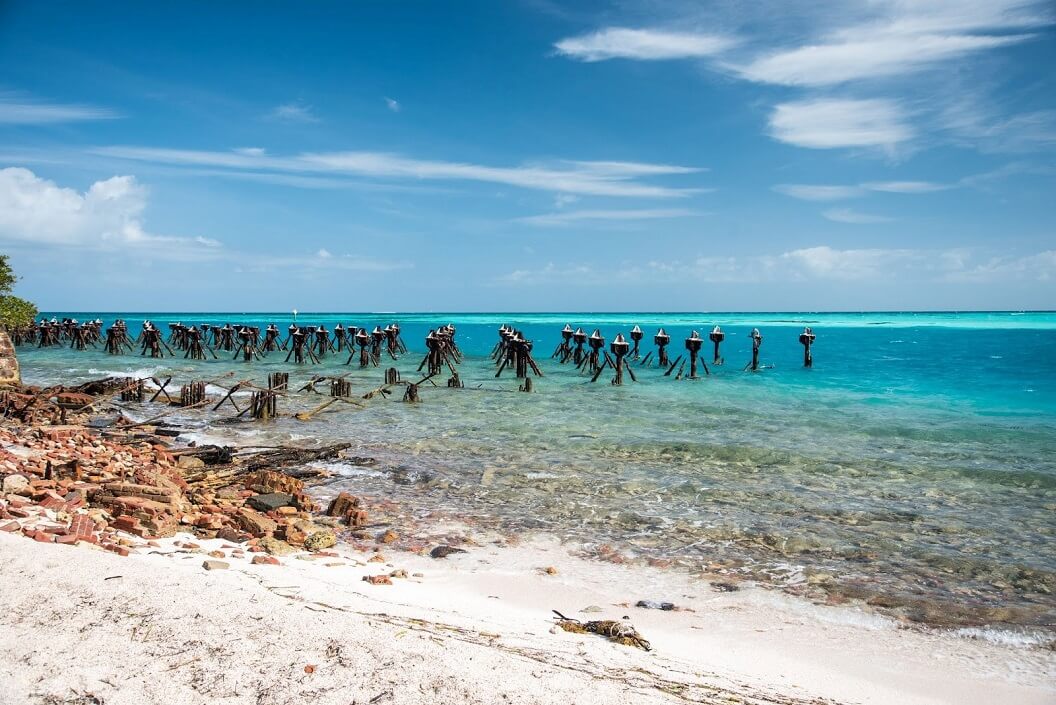Florida has 175 state parks and 11 national parks – all of which are spectacular. Although they’re beautiful, many of them pose dangers that visitors might not anticipate. In fact, some Florida state parks are among the most dangerous in the entire country.
If you were injured in one of Florida’s parks, you might immediately think of suing the state, however it can be a very challenging course of action due to the laws Florida enacted to protect itself. Still, a Florida premises liability lawyer with Lytal, Reiter, Smith, Ivey & Fronrath will fight to help you get what you deserve. If you would like a free evaluation of your case, please contact us online or give us a call at (561) 655-1990.
Three of the Nation’s Deadliest Parks are in Florida
It’s hard to believe that our beautiful state is the home to three national parks that rank among the most dangerous in the entire country based on deaths that occurred between 2010 and 2020, but that’s the hard reality.
Florida Everglades in south Florida, Miami’s Biscayne Park, and Dry Tortugas Park in the Keys all made that unfortunate list.
Everglades National Park
Everglades National Park comes in highest of the three, ranking 23rd of 54. There were 14 fatalities in the park during the 10-year time frame.
Six people died in transportation-related incidents, four died in drownings, one which was only categorized as “other”, and three deaths were reported as for undetermined or unexplained reasons. Interestingly, none were assigned to the “wildlife/animal” category.

Biscayne National Park
Biscayne Park, sits at number 28 on the list with eight fatalities: three drownings, four transportation-related, and one “undetermined.”
Dry Tortugas National Park
Dry Tortugas ranked 31, with six deaths. There were three drownings, two were categorized as due to a medical condition, and one was undetermined.

Although all these deaths are very sad, especially for them to occur in our state, even the combined 32 deaths between these three parks are far below the most dangerous parks on the list: Grand Canyon Park in Arizona (134 deaths), Yosemite in California (126), and Great Smoky Mountains Park (92) which encompasses parts of North Carolina and Tennessee.
Dangerous State Parks
National parks don’t pose the only dangers to its guests–state parks can be just as unsuspectingly dangerous. These are just some of the recent incidents that took place in some of Florida’s state parks.
Myakka River State Park
In November 2020, a 3-year-old girl suffered serious injuries when she fell off a trailer that was being pulled by a pickup truck on unpaved ground. After the girl fell, she was run over by one of the trailer’s tires then by the truck when the driver backed up in an effort to retrieve her – not knowing she was by the tire.
Sebastian Inlet State Park
In May 2020, the body of a 33-year-old Malabar, FL man was found after he fell off his fishing boat in Sebastian Inlet. The man was reportedly fishing off the front of the boat when he disappeared. First responders found his body two hours later.
Oleta River State Park
One man died and another was transported to the hospital after being in a boating accident near Oleta River State Park in September 2020. The accident occurred near Northeast 163rd Street in Miami-Dade County.

How Florida’s Recreational Use Statute Could Affect Your Case
When an accident occurs in one of Florida’s national or state parks, the victim (or the victim’s family in the event of a fatality) will often assume they can easily take legal action against those responsible for ensuring the safety of visitors.
However, taking action against the state can be very difficult due to Florida’s recreational use statute (F.S. 374.251). This statute places strict limits on the “duty of care” that the manager or owner of a property owes to guests when they’re invited to use land, water, or park areas for recreational purposes free of charge.
The thought is that by limiting the liability of owners of recreational areas for both private citizens and government agencies, those owners would be more willing to make areas available for public use.
This statute means that the owners who don’t charge for access don’t have a duty to keep the area safe for visitors, nor do they have the duty to warn visitors of potential hazards that exist–it’s “proceed at your own risk.”
Injured at a Florida State Park? You May Be Able to Sue
Although the recreational use statute might give the impression that you have no recourse if you’re hurt in a Florida state park, there are some factors which may allow you to sue for your injuries because protection under the statute requires that its strictly followed and a land analysis might show that the owner was in violation of the statute.
Injuries at Private Parks
Suppose you were hurt in a privately-owned park that’s open to the public. You may be able to file a premises liability lawsuit if your attorney can prove your injury was a direct result of the owner’s negligence. Your chances of winning will increase if you had to pay to use that recreational facility because the owner will have a legal duty to ensure your safety.
Injuries at Public Parks
Filing a suit against a governmental entity that owns a public park is extremely difficult, due to sovereign immunity which basically means that the state can do no wrong and can’t be sued due to that immunity.
Florida’s sovereign immunity includes its parks. This means that you can only take legal action against the state in very limited circumstances, but to do so, you’ll need the help of a very experienced attorney who will work to uncover proof that a third party – such as the manufacturer of a defective product, a negligent driver, etc. – should be held liable for your injury. More than likely, they won’t be covered by the recreational use act or sovereign immunity.
Hurt at a Florida park? You Have Options, and Our Firm Can Help.
Find out more about what the attorneys with Lytal, Reiter, Smith, Ivey & Fronrath may be able to do for you if you’ve been hurt in a Florida state park. Use our online form, or call (561) 655-1990 for a free consultation.




